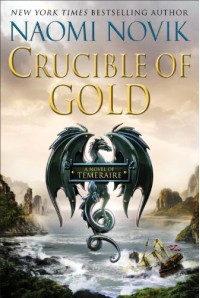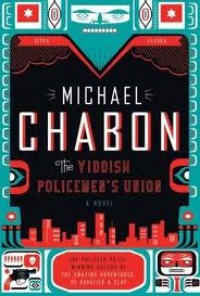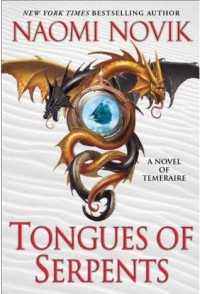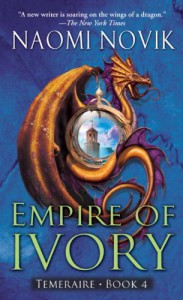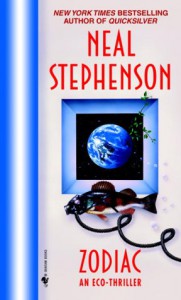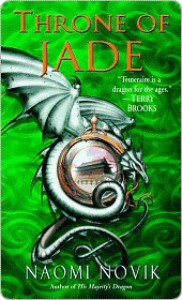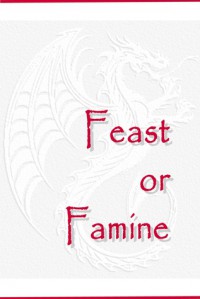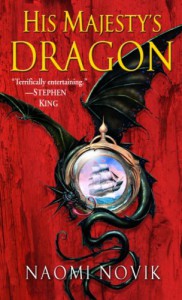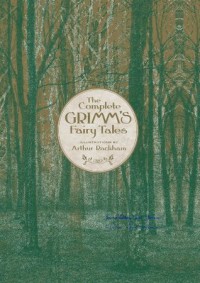Review: The Sparrow (The Sparrow Book 1 of 2)
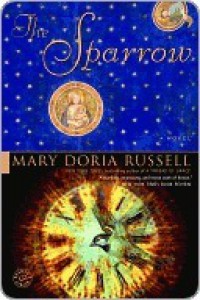
I loved this book. The two page prologue sets the stage very well. It tells us that Earth learned of an alien planet and, for reasons only hinted at in the prologue, a Jesuit delegation is the first to travel to that planet. The end of the prologue says, “They meant no harm.” Which of course tells the reader that things don’t go well! And at that point I was hooked.
In the first chapter, our main character Emilio Sandoz has returned from the mission to the alien planet alone. He’s broken physically, emotionally, and spiritually. We alternate between that time period and the past, beginning just before the characters learned about the alien world. We know from the beginning that awful things have happened, and we slowly zero in on those events from both ends of the timeline until finally, by the end, we have all the answers. Non-linear story formats often work well for me, and this one particularly kept me hanging on every word. I enjoyed both timelines equally.
It’s good that I didn’t know anything at all about this before I started reading it, or I might have been more reluctant to try it and I might have missed out. Our main character is a Jesuit priest, so religion is a big part of this book. Religion evokes strong opinions, whether in favor of it or against it, and authors often can’t resist trying to sway people to their own views. When that happens, the book feels preachy and trite and is often full of tiresome “debates” between characters. Even books that align with my own views are annoying to me if the author is too repetitive or obvious about it.
This book wasn’t like that, though; it was done really well. The characters are who they are, and they believe what they believe. I never felt like the author was trying to convince me of any particular viewpoint. I didn’t have to agree with the characters’ interpretation of events in order for the story to feel meaningful and believable. I could be an outside observer, invested in and sympathetic with the characters, but considering things from many perspectives without feeling like the author wanted me to settle on one particular perspective. I was very invested in both the characters and the story.
There is quite a bit of humor in this book, particularly in the “past” portions. I don’t know if I’d call this a dark or depressing book exactly, but it does go to some dark places, and you know from the very beginning that things aren’t going to end well. I knew the best I could hope for was a bittersweet and hopeful ending. I think if I hadn’t been prepared, if I’d been blindsided by how everything turned out with the mission, I would have rated this book lower. Instead, the book became more about figuring out how things went wrong, and what exactly happened, and learning how this vibrant character we saw in the chapters from the past came to be in the wrecked state we saw in the chapters from the future.
I wasn’t completely without complaint. There were some things that seemed a bit logically flawed to me, and one character (Anne) who occasionally rang false for me, but I enjoyed the general story so much that I was able to overlook any niggling annoyances. There’s no question that I’ll be jumping straight into the sequel, although not without some fear.
 5
5
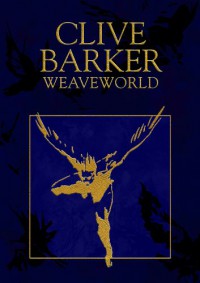

 2
2

